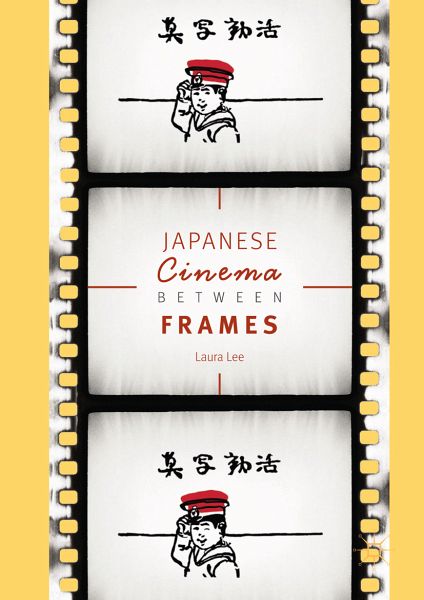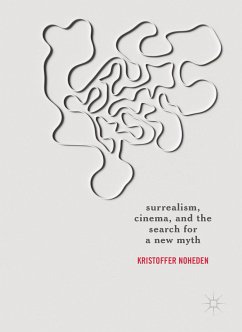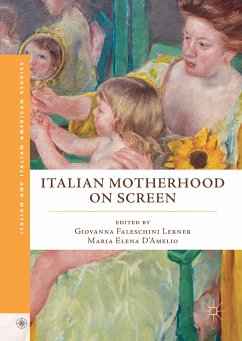
Japanese Cinema Between Frames (eBook, PDF)
Versandkostenfrei!
Sofort per Download lieferbar
72,95 €
inkl. MwSt.
Weitere Ausgaben:

PAYBACK Punkte
36 °P sammeln!
Provides a theoretically-rich treatment of Japan's historical new media contexts
Focuses on films that are widely known and easily accessible
Emphasizes the importance of global film culture to the constitution of local film practices, while simultaneously underscoring the relevance that these practices hold for theoretical discussions pertinent to film studies
Focuses on films that are widely known and easily accessible
Emphasizes the importance of global film culture to the constitution of local film practices, while simultaneously underscoring the relevance that these practices hold for theoretical discussions pertinent to film studies
Dieser Download kann aus rechtlichen Gründen nur mit Rechnungsadresse in A, B, BG, CY, CZ, D, DK, EW, E, FIN, F, GR, HR, H, IRL, I, LT, L, LR, M, NL, PL, P, R, S, SLO, SK ausgeliefert werden.












